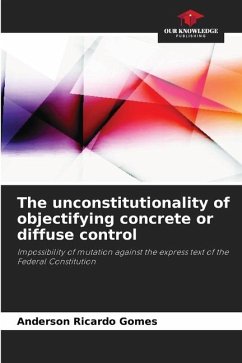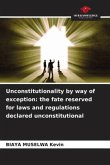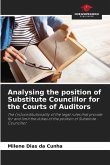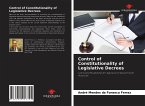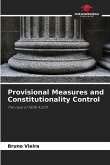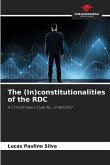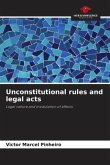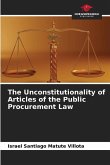The Brazilian model of constitutionality control is based on mixed jurisdictional control, with different rules governing the subjective extent of its declaratory decisions of unconstitutionality, since in abstract or concentrated control its decision alone will have binding and erga omnes effectiveness. In concrete or diffuse control, as the main issue is whether or not a certain subjective right of the party exists, the declaration of unconstitutionality of the normative act will not apply to anyone other than the partial subjects of the process, unless under the terms of art. 52, X, of the Federal Constitution, the Federal Senate orders the suspension of the execution of the law declared unconstitutional. The theory of the abstraction or objectification of the concrete or diffuse control of constitutionality proposes that the effects of the decision of unconstitutionality handed down in the concrete or diffuse control by the STF should be equal to those of the decision handed down in the abstract control, based on a different interpretation of item X of article 52 of the Constitution, resulting from a constitutional change. However, in view of the current legal-constitutional order, such equalisation of effects is invalid.

